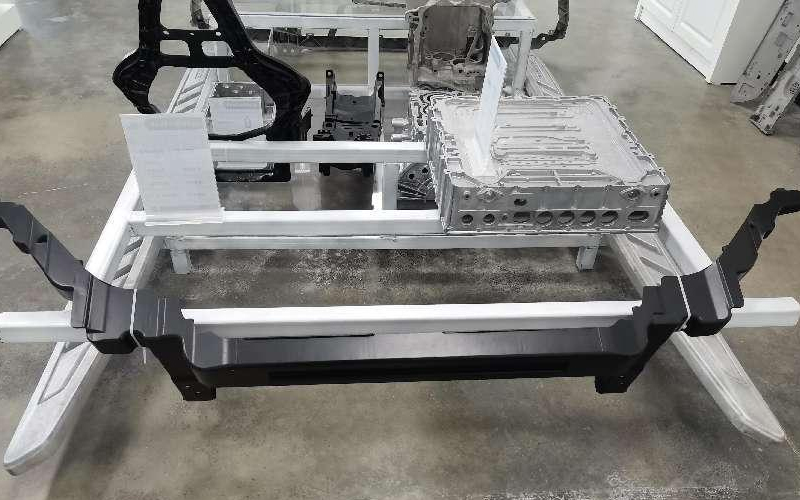CNC machining is a manufacturing process that uses computer numerical control (CNC) technology to guide machine tools in producing precise and complex parts and components. CNC machines can execute highly intricate designs with unparalleled accuracy and consistency, making them an essential tool for many industries, including aerospace, automotive, medical device, and electronics.
The CNC machining process involves several key steps, starting with the creation of a 3D design file using computer-aided design (CAD) software. This file is then translated into a set of instructions that the CNC machine can understand and execute. These instructions are programmed into a computer controller that guides the machine tool through the required movements and operations.
During the machining process, the CNC machine removes material from a workpiece using a cutting tool, which can be a drill bit, end mill, or other tool. The machine tool moves along multiple axes to precisely shape the workpiece according to the programmed design. The cutting tool may need to be changed several times throughout the process to achieve the desired shape and finish.
One of the key advantages of CNC machining is its precision. CNC machines can produce parts with tolerances as tight as a few thousandths of an inch, which is essential for many applications where accuracy and consistency are critical. CNC machines can also produce complex geometries that would be difficult or impossible to achieve using traditional machining methods.
Another advantage of CNC machining is its speed and efficiency. Once the design file has been programmed into the machine controller, the machining process can proceed rapidly and with minimal human intervention. This can lead to faster turnaround times and lower costs compared to traditional machining methods, which may require multiple setups and manual adjustments.

CNC machining can also be highly automated, with robotic systems handling the loading and unloading of workpieces and tools. This can further improve efficiency and reduce the need for skilled labor. However, it is important to note that CNC machining still requires skilled technicians to program and operate the machines, as well as to monitor the machining process and ensure quality control.
Overall, CNC machining is a powerful and versatile technology that has transformed manufacturing in many industries. Its precision, speed, and flexibility make it an essential tool for producing complex and precise parts and components. As technology continues to advance, it is likely that CNC machining will play an even greater role in the future of manufacturing.
-

- Thixomolding parts & components mobile phone middle board processed
-

- Magnesium alloy die-casting electric vehicle mid-mounted motor housing
-

- High precision magnesium alloy die casting parts for automotive ignition lock
-

- Wholesale Magnesium Alloy Baby Cycle For 3 To 5 Years Old 12 Inch Kids Cycle OEM Cheap
-

- Magnesium alloy die-casting Auto parts controller housing
-

- Magnesium alloy die-casting LED display frame

 0086-750-5616188
0086-750-5616188 +86 13392089688
+86 13392089688 sales@zhongmei-tech.com
sales@zhongmei-tech.com







